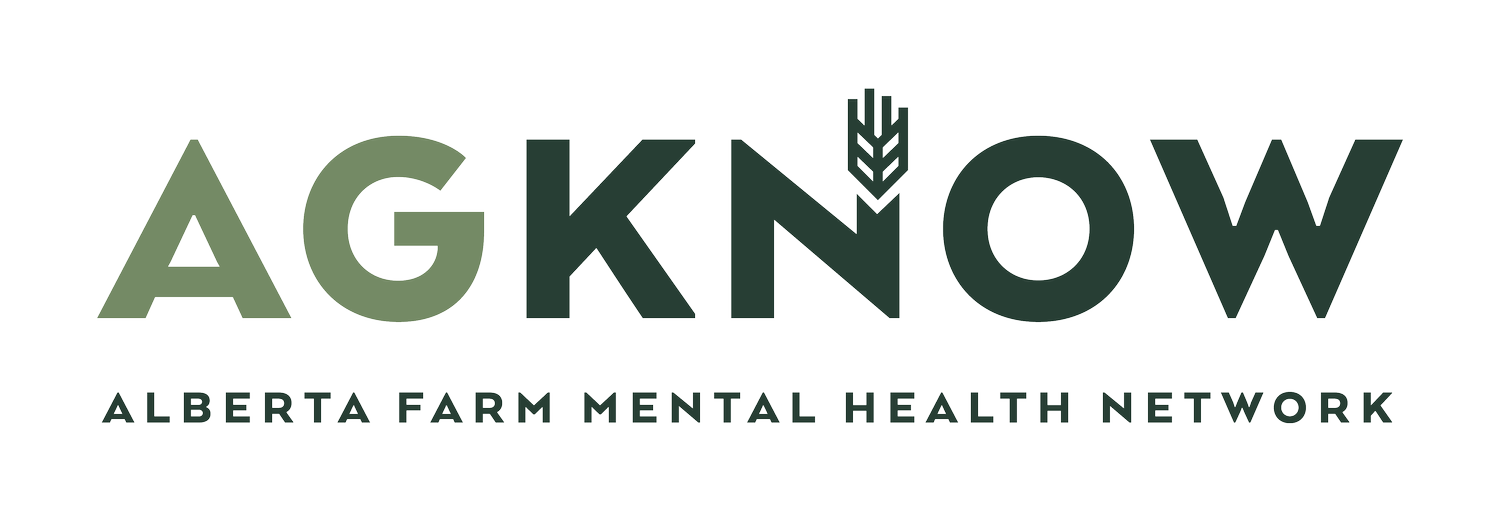GOOD STRESS VERSUS BAD STRESS. IS THERE A DIFFERENCE?
Many years ago, my dad was asked to be the coach for a youth baseball team in our town. He had a ton of things already on his plate, but as is so often the case, if there weren’t any volunteer coaches, there would be no youth sports for the kids in town.
So my dad, and other farmers in town agreed to be coaches. Sure, my dad knew how to play baseball, but to coach a bunch of 10-year olds? You could say that a little bit out of his comfort zone! I remember looking at my brothers at the time, and I bet we were all thinking, “This is going to be interesting…”
The day before the first practice was hectic at our house. He was busy organizing the team jerseys, learning the rules for that division, and writing out his drill plans. Even though this was extra work for him, he seemed energized and really focused.
And you know what? He surprised us all by being a great coach.
So why am I sharing this story? I want to talk about stress. The good, the bad, and what you can do about it.
When you hear the word “stress,” What comes to mind? If you’re like most people, you’ll think of it as a bad thing, or something to be avoided and managed.
What if I told you that stress can also be positive? Feeling some stress causes our bodies to release adrenaline, which gives us that extra boost we sometimes need to be at our best performance and problem-solving ability. It makes us feel more alert, energized, and even excited to do the task. That is exactly how I’d characterize my dad before his first day as coach.
But the stress-performance relationship is a delicate balance. There is a ton of science showing that the connection between stress and performance looks a lot like this:
Let’s break this graph down into three parts:
1. Low Stress
When your stress is low, you’re feeling bored, uninterested and uninspired. No surprise, you won’t perform well.
2. Optimal Stress
With just enough pressure, you'll feel pumped! It’s and you’re at your peak performance. This is sometimes referred to as being "In The Zone."
3. Over-Stressed
When your stress is too high, you’re feeling overwhelmed and anxious, and that’s preventing you from doing your best.
While some stress can be good because it makes us more alert and helps us perform better in certain situations, this kind of stress is only healthy if it is short-lived. So in the case of my dad, the stress he felt for coaching was a small dose for a limited time.
Unfortunately, if we stay in that over-stressed zone for too long, our work is going to suffer. As a farmer, this might look like not getting all we want to get done in a day, everything is taking longer than normal, and we don’t feel productive. In other cases, it also can lead to farm injuries.
Here are the signs that can tell us whether you or someone you know might be over-stressed:
Physical signs of being over-stressed:
Feeling body aches and getting headaches
Having indigestion or heartburn
Developing rashes or itchy skin
How being over-stressed can make you feel:
More irritable and impatient than normal
Seem nervous, anxious or tense
Seem to have lost their sense of humor
How stress changes behaviour:
Having a hard time making decisions
Smoking, using recreational drugs, or drinking alcohol more than you usually would
Being restless, like you can't sit still
Withdrawing from people
If you’ve ever experienced these symptoms, you’re not alone. A recent study reported that 45% of Canadian farmers experienced high stress.
Here are some tips that farmers and ranchers can use to cope with stress:
Build your external support team. Let’s face it, we all need support sometimes. Be aware of the skillsets of the people in your farming operation. For things that you or your team can’t tackle, reach out to an external expert! This may include a farm management professional or an agronomist. There are mobile apps like AGvisorPRO that can connect you with experts to help you answer your farm questions.
Keep each other accountable. Check-in with your friends and family regularly to see if they’re sticking to healthy habits. It’s okay to ask questions like, “Are you sleeping alright?” or “Have you eaten today?”.
Take a break. Give yourself a short daily break to do something good for your mental, physical, and spiritual health. Even 10 or 15 minutes can help you feel refreshed and ready to focus again.
So, how are you, really?
We know how hard it can be to check in with yourself when it’s busy around the farm. We’ve created a completely anonymous self-check-in tool to help you take a minute to see how you’re really doing.
Struggles with mental health are common in the farming community. In fact, many farmers and farming families report very high levels of stress, signs and symptoms of burnout, depression and anxiety. Sometimes, it’s good to take a moment and check in on how things are going.
Article by Dr Rebecca Purc-Stephenson
Applied Social Psychologist and Professor in the Department of Social Sciences
BOOKING AN AGKNOW SESSION
CHOOSE A THERAPIST
The members in our referral network have experience with farmers and the agriculture industry in Alberta. We know context is important so you can spend less time getting them up to speed and more time getting to the root of the issue.
SCHEDULE A CALL
You have direct access to everyone in our referral network, so once you find a therapist you resonate with, fill out their form and book your first session.
TALK ABOUT IT
Whether in person, virtual or through a telephone session now is your chance to talk about how you are really doing. Remember - we were never meant to do this alone.





